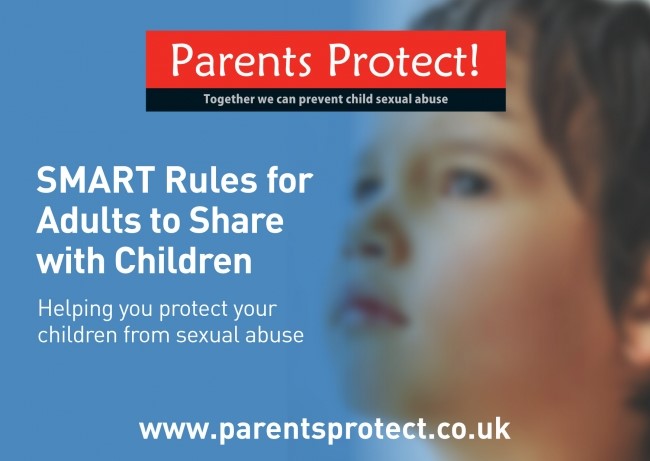SMART Rules for Adults to Share with Children
When you are dealing with children there are no hard and fast rules. A child’s ability to understand safety rules, and to put them into practice, depends on a number of things.
These include, but are not limited to: how old the child is, how the child has been educated and how confident the child is.
To help a child learn any set of rules, it is important to go through them and explain why you want the child to remember them. There is no ‘one-size-fits’ all, but here are a few suggestions.
 |
SecretsThese can be good fun, but if they make us sad or confused it’s best to check them out with Mum, Dad or someone else you trust. |
 |
MatesTake someone with you when you are going somewhere and stay together. |
 |
AlwaysAlways tell your parents, carer or someone else you trust where you are going, who you are with and when you will be back. |
 |
RespectRespect your body and remember it is private. No one has the right to touch you on your private areas (those covered by your swimsuit). |
 |
TellTell your parents, carer or someone else you trust if someone or something makes you feel uncomfortable or frightened. |
 |
These SMART rules can be downloaded from our |
For more advice on how to talk to children about child sexual abuse, see our pages here for 0-12 year olds and talking to teenagers.
Did you know?
24% of young people have experienced an adult that they don’t know in real life trying to contact them online.
Source - NSPCC (2018)
Read more







